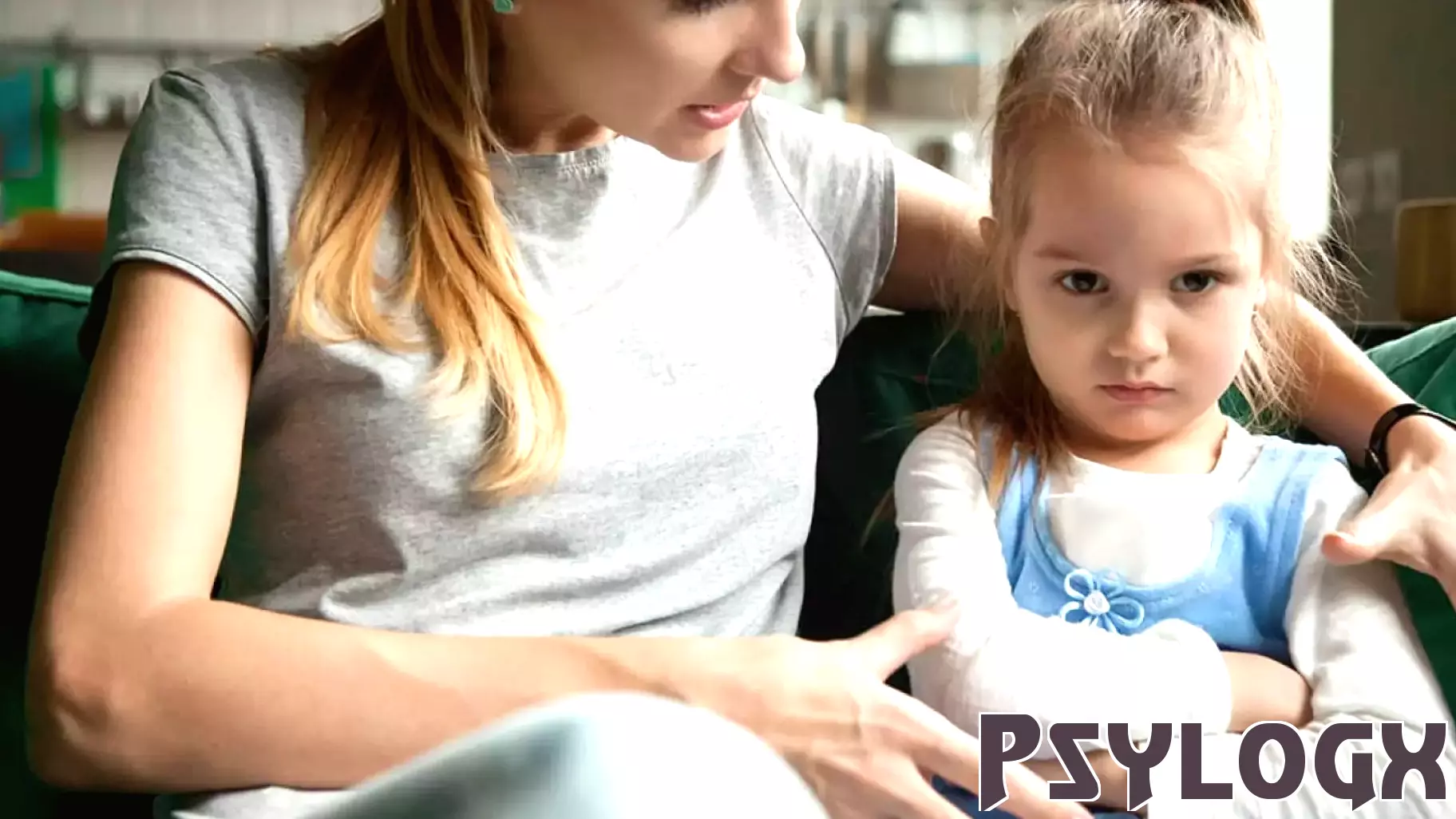Rethinking Discipline: An Antiracist Approach to Oppositional Defiant Disorder
January 11, 2025 - 08:30

Recent discussions highlight the importance of adopting an antiracist framework when addressing Oppositional Defiant Disorder (ODD) in children, particularly among BIPOC communities. This approach emphasizes understanding the unique challenges faced by these children, who often encounter systemic biases and trauma that can exacerbate behavioral issues.
Instead of resorting to punitive measures, which historically have disproportionately affected BIPOC children, advocates argue for methods that prioritize healing and empowerment. By reframing trauma as a response to environmental stressors rather than a character flaw, caregivers and educators can create supportive spaces that foster resilience and growth.
This shift not only protects vulnerable children from harm but also challenges the stigmatization of their behaviors. Emphasizing restorative practices and community support can lead to more effective outcomes, encouraging children to thrive rather than merely conform to traditional disciplinary standards. As society evolves, so too must our approaches to understanding and nurturing the well-being of all children.
MORE NEWS

February 1, 2026 - 14:19
Discover Your Artistic Soul: Which Historic Movement Mirrors Your Mind?Have you ever felt a deep connection to the swirling stars of a Van Gogh or the stark geometry of a Mondrian? According to psychological insights, these preferences are no accident. Experts suggest...

January 31, 2026 - 18:29
Forced to Retire?Leaving the workforce not by choice, but due to circumstances like health, layoffs, or profound job dissatisfaction, presents significant risks to an individual`s well-being. This unplanned...

January 31, 2026 - 03:33
Adaptation Is Not Surrender: Reclaiming Your Response to AdversityA critical distinction is being lost in how we navigate life`s challenges: adaptation is not submission. This confusion has profound implications for personal resilience and growth. True adaptation...

January 30, 2026 - 09:58
Psychology says people who retire without these 7 things in place usually regret it within the first yearA comfortable bank balance is the cornerstone of most retirement plans, but psychological research suggests that financial security alone is a poor guarantor of happiness in one`s later years....